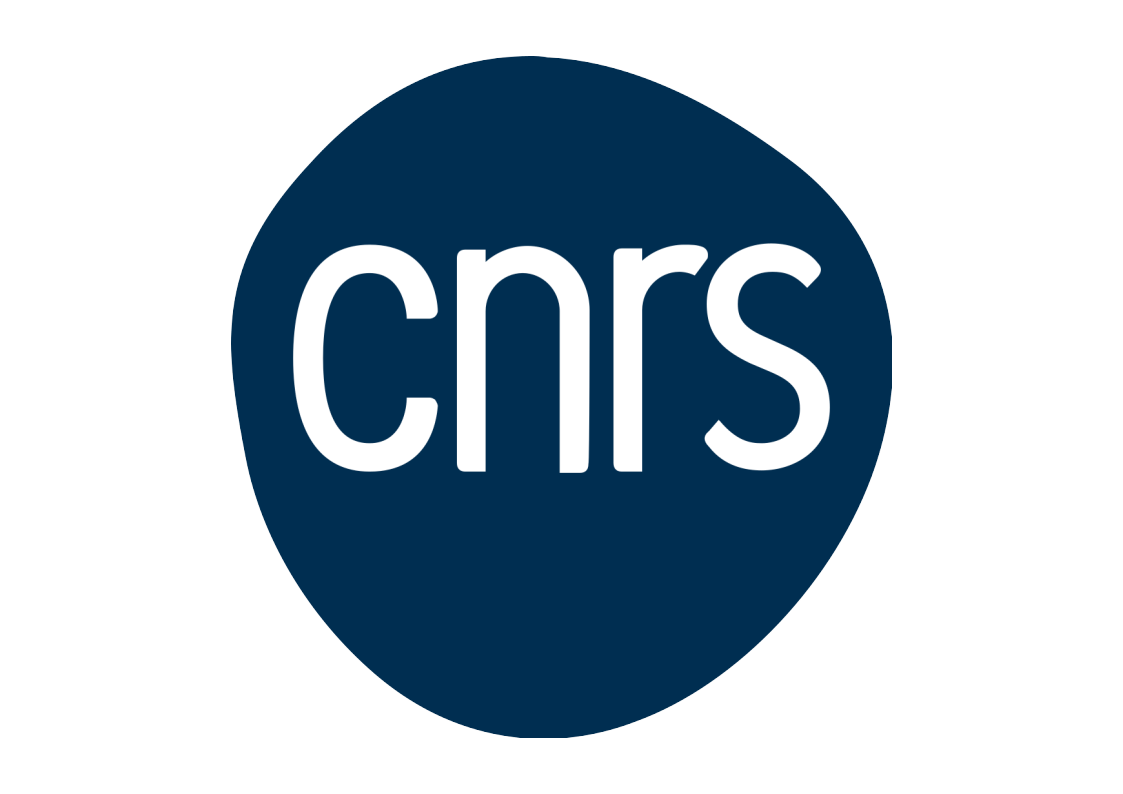
Table des matières
Advanced Support
Of a generalist nature and for a limited time duration (1-2 months, renewable), Advanced Support is a service open to IDRIS users wishing to benefit from assistance and expertise going beyond the responses which can be obtained from the User Assistance desk. It can concern the passage to massive parallelism, porting and optimisation on GPU, CPU vectorisation and optimisation, management at the scale of parallel inputs/outputs, usage of libraries, … It can also concern Artificial Intelligence, in particular its parallel usage on several GPUs.
This scientific computing advanced support activity is organized in the following way: Requests for advanced support for an intensive computation project must be addressed to IDRIS senior management (via the e-mail adress specified below, by filling-in the given request form). IDRIS will evaluate the technical aspects of the project and determine its capacity to provide effective support. IDRIS could also request advice from the Thematic Committees about the project's scientific pertinence. The projects which are finally selected for advanced support will receive assistance from the IDRIS engineers for a determined period of time (1-2 months, renewable) and for a precisely defined mission. These close collaborations with the users are not only the occasion to develop codes adapted to the latest technical evolutions of computing architectures and programming paradigms but also, and above all, to initiate a transfer of technical competence and experience from IDRIS to its users and to the French research teams. At the end of each project, a final evaluation is carried out to verify if the initially defined objectives were indeed reached.
- The request form for Advanced Support should be sent by email to the following address: .
Recent Advanced Supports
- Code “TurboLMN”, M2P2 Laboratory, Ecole Centrale Marseille, December 2020 - April 2021 report (in French)
- Code “Mesh-TensorFlow”, CosmoStat Laboratory, UMR AIM (7158), CEA, CNRS, Paris-Saclay University, Paris Diderot University, Sorbonne Paris Cité, December 2020 - May 2021 report (in French)
- Code “Toroidal Accelerated PArticle Simulator” (TAPAS, previously known as GCT, Guiding-Centre Tracking), PIIM Laboratory, Aix-Marseille University, September 2020 – October 2022 report (in French)
- Code “MD_ConvLSTM”, Institut de Chimie Organique et Analytique, CNRS - UMR7311 / INSERM, Orléans, March 2022 – September 2022 report (in French)
- Code “DASARA”, Université Claude Bernard Lyon 1, Lyon, June 2022 - [ongoing]
- Code “DeepRun”, Energy-Lab, Université de La Réunion, and Aida CIRAD, August 2022 - January 2023 report (in French)
- Code “Object-centric representation for robotic manipulation”, LIRIS et Ecole Centrale de Lyon, September 2023 – [ongoing]
- Code “AMON_GPU”, Laboratoire de Physique des Interactions Ioniques et Moléculaires, Marseille, September 2025 - October 2025 report (in French)
BLOOM Advanced Supports
- “BLOUME” Project, Institut des systèmes intelligents et robotique (ISIR), CNRS - INSERM - Sorbonne Université, Laboratoire Interdisciplinaire des Sciences du Numérique (LISN), CNRS - Université Paris-Saclay - Inria - CentraleSupelec, January 2023 - [ongoing]
- “PLM4All” Project, Laboratoire lorrain de recherche en informatique et ses applications (LORIA), UMR 7503, Synalp Team, Nancy, January 2023 - [ongoing]
